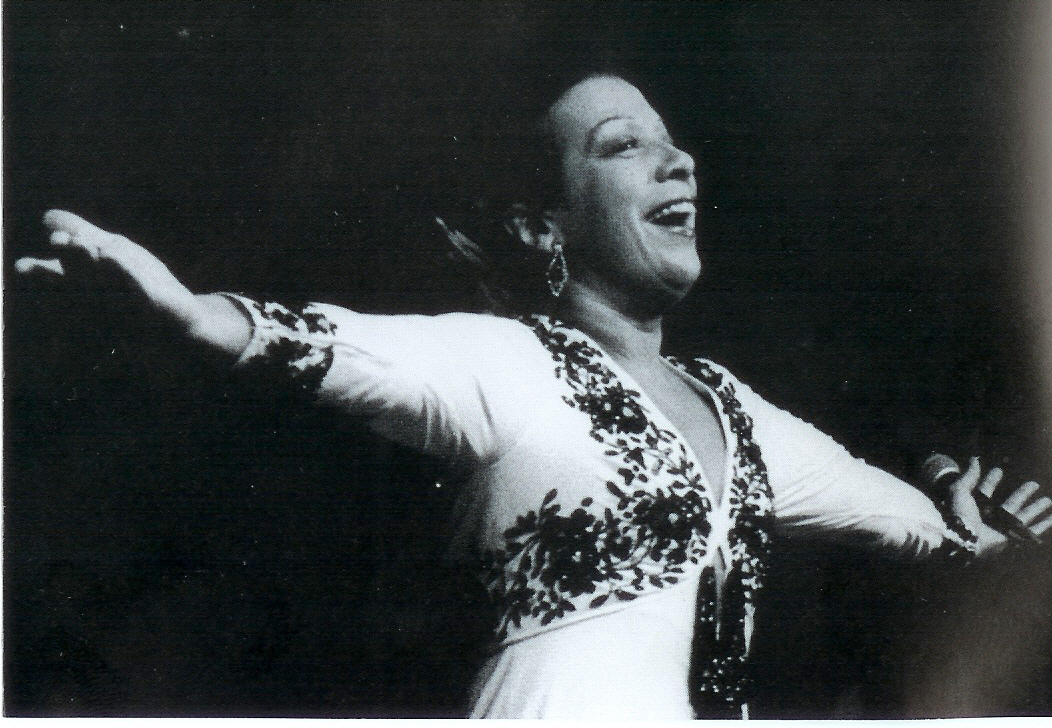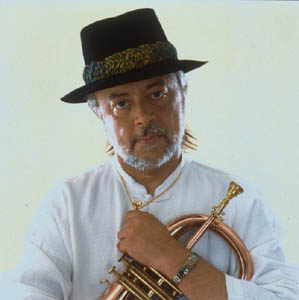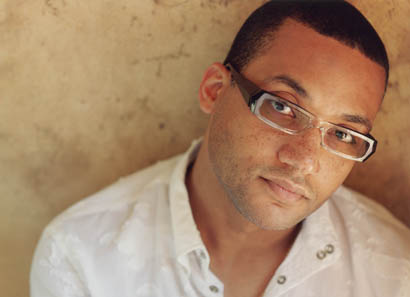ELIZETH CARDOSO / “Mahna de Carnaval”
1958, the first bona fide bossa nova album is released and a vocalist who was then 31 years old made Brazilian musical history. Few outside of Brazil know who she is.
1959, what many critics consider and what international audiences hail as the greatest movie about Brazil of all time is released. A haunting voice is featured on the soundtrack of music by Luiz Bonfa. She is not credited on the soundtrack album.
The 1958 album was Canção do Amor Demais. The 1959 film was Black Orpheus. The singer was Elizeth Cardoso, considered by most musical scholars to be Brazil’s first great diva of song, and by some native Brasileros as the greatest of all time. Partly because she was from an earlier era and sang in a style that sounds anachronistic to many modern ears, she has not received the kudos she deserves, especially after her dramatic, theatrical style of song was supplanted by the more modern bossa nova style, even though she was the first vocalist to record the modern Brazilian music.
 I particularly appreciate the way Elizeth Cardoso paces a song, refuses to over-sing even though she employs the dramatic stage show style of singing that easily and often encourages singers to recklessly emote. The subtlety of the soundtrack version of “Manha de Carnaval” is tenderly captivating, but the live version, with an uncredited trombonist shadowing her, is stunning as she builds to a rousing climax that miraculously enhances rather than detracts from the gentleness of the song.
Indeed, notice how slow the live version is compared to the soundtrack. Notice Elizeth’s dynamic swells on the end notes of her phrases, and the use of a slight and well-controlled vibrato to enhance the over all saudade of the song. Moreover, in the live version she is even more subtle than on the soundtrack recording, her voice richer in its timbres, especially her low notes. But then Elizeth is a true diva and this is how she flows.
I particularly appreciate the way Elizeth Cardoso paces a song, refuses to over-sing even though she employs the dramatic stage show style of singing that easily and often encourages singers to recklessly emote. The subtlety of the soundtrack version of “Manha de Carnaval” is tenderly captivating, but the live version, with an uncredited trombonist shadowing her, is stunning as she builds to a rousing climax that miraculously enhances rather than detracts from the gentleness of the song.
Indeed, notice how slow the live version is compared to the soundtrack. Notice Elizeth’s dynamic swells on the end notes of her phrases, and the use of a slight and well-controlled vibrato to enhance the over all saudade of the song. Moreover, in the live version she is even more subtle than on the soundtrack recording, her voice richer in its timbres, especially her low notes. But then Elizeth is a true diva and this is how she flows.

 We close with Cuban pianist Gonzalo Rubalcaba who explores the introspective qualities of “Manha de Carnaval” in an interpretation that practically begs to be choreographed as a pas de deux. First he sets the tempo to dead slow and then he introduces hesitations on top of the slow tempo. His touch both flows as he stair-steps arpeggios in slow motion and soars as he gives space enough to his phrases so that the notes hang delicately in the air like a bird floating on a warm air current. Brian Bromberg’s acoustic bass is employed as a second voice, much like Elizeth did with her trombone accompanist. This is simply a wonderful interpretation of a classic bossa nova.
—Kalamu ya Salaam
We close with Cuban pianist Gonzalo Rubalcaba who explores the introspective qualities of “Manha de Carnaval” in an interpretation that practically begs to be choreographed as a pas de deux. First he sets the tempo to dead slow and then he introduces hesitations on top of the slow tempo. His touch both flows as he stair-steps arpeggios in slow motion and soars as he gives space enough to his phrases so that the notes hang delicately in the air like a bird floating on a warm air current. Brian Bromberg’s acoustic bass is employed as a second voice, much like Elizeth did with her trombone accompanist. This is simply a wonderful interpretation of a classic bossa nova.
—Kalamu ya Salaam
This entry was posted on Sunday, March 26th, 2006 at 1:15 am and is filed under Cover. You can follow any responses to this entry through the RSS 2.0 feed. You can leave a response, or trackback from your own site.
5 Responses to “ELIZETH CARDOSO / “Mahna de Carnaval””
March 26th, 2006 at 6:44 am
Excellent song, but I still consider Bonfa’s version the most beautiful
Leave a Reply
| top |